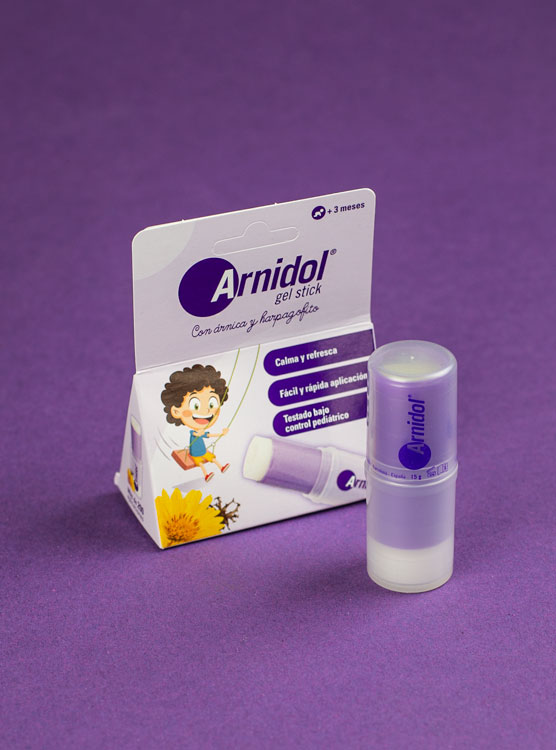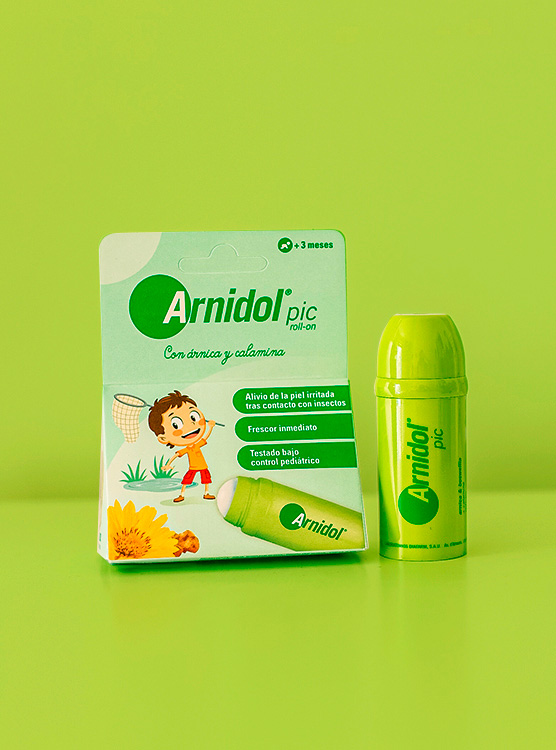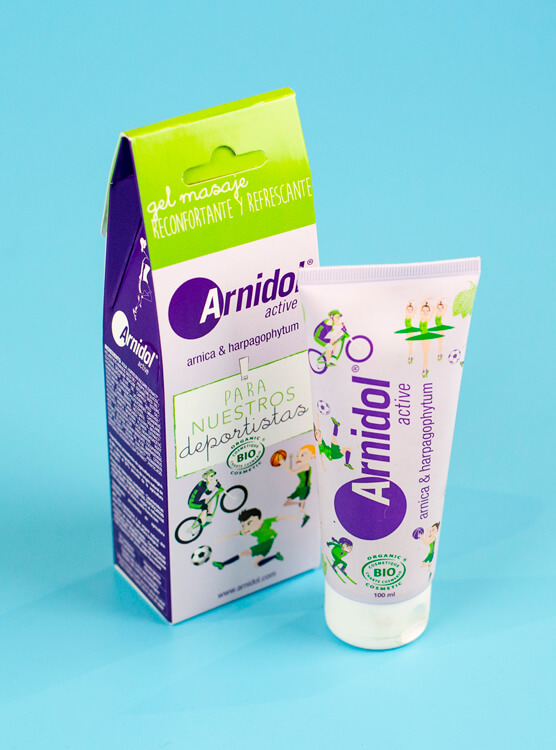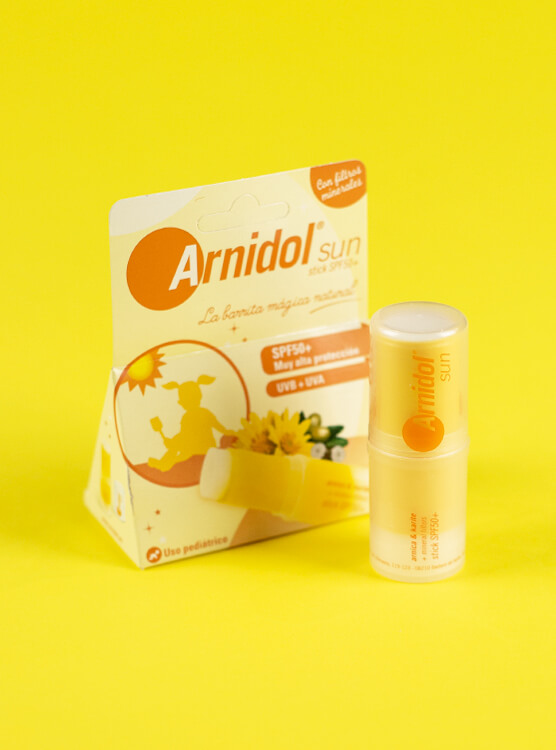- junio 20th, 2013 |

No doubt you’ve asked yourself what type of person you’d like your child to grow up to be and are raising her in keeping with that. You may even have received criticism from your nearest and dearest because you spoil her or because you’re too strict. Whatever the case, you should know that your child is at a crucial stage in which her personality and identity are being shaped… and your part as her mother is essential!
With the help of child and teen psychologist Laura Cuadrado of ISEP (a prestigious training and clinical intervention centre in psychology, pedagogy and health in Spain), we’ll answer your questions on how to bring up a child who knows the difference between right and wrong.
Should I be very strict if my child misbehaves?
No, but to help her distinguish between right and wrong, we have to work on discipline from the very beginning. Discipline means giving moral instruction, imposing limits.You need to be very patient and tolerant, little ones have yet to learn reasoning and self-control.
How do I know where the limits are?
When we talk about limits we mean establishing rules regarding things like food and bedtime. If you don’t impose these rules, your child will find it more difficult to see a context in which to frame right and wrong. The limits that mark whether something is right or wrong are set by the parents, depending on how they themselves were brought up and their experience. Obviously the education received in school also has an influence.
How do impose the rules?
Normally, children understand that something is right when there is no punishment involved. In this respect, you should impose a rational punishment when your child does not behave properly. This doesn’t mean shouting and scolding aggressively; if you do that, you’ll teach her that that is how to solve this type of situation.
So, the best thing is to first warn the child that she’s doing something wrong, let her know and stop her from doing it. That way, you teach her how to behave in a given situation. Acts and behaviour that have positive consequences tend to be repeated, and those with negative consequences tend not to be.
But how do I establish what’s right and what’s wrong?
Be careful. Your perception will have far-reaching effects on your child’s construction of moral standards. In order to tell the difference between right and wrong, you have to be able to put yourself in your child’s place and make that distinction for her.
Silvia Yankelevich, director of child and teen psychology centre Crecer, Sentir y Pensar (Grow, Feel and Think), believes that it is essential that you ‘bond’ with your child by talking to her a lot to pass on the social values you deem appropriate. Furthermore, Yankelevich highlights the importance of ‘social context, education, the ordering of values you wish to transmit and communication between parent and child’. This, she says, ‘will shape your child’s moral sense’.
In addition, the child must feel that her home is where she belongs, where she has the same rights and obligations as the rest of the family. A place where she can feel safe and express herself freely with no fear of reprisals.
What about you? Do you have an effective method for teaching you child the difference between right and wrong?

LOS SUPERPODERES DE ARNIDOL













